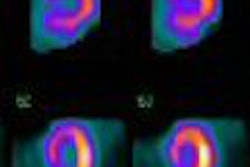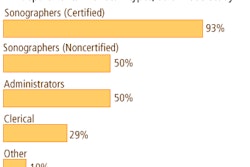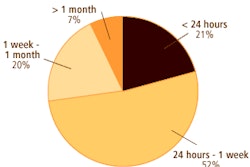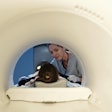U.S. physicians' net income declined about 7% between 1995 and 2003 after adjusting for inflation, according to a study released by the Washington, DC-based policy research organization Center for Studying Health System Change (HSC).
The decline in physicians' real income stands in sharp contrast to wage trends for other professionals, who saw about a 7% increase between 1995 and 2003 after adjusting for inflation, the study found.
The report said that among different types of physicians, primary care physicians fared the worst with a 10.2% decline in real income between 1995 and 2003, while surgeons' real income declined by 8.2%. But medical specialists' real income essentially remained unchanged, according to HSC.
The study's authors hold that flat or declining fees from both public and private payors appear to be a major factor underlying declining real incomes for physicians. However, a strong growth in tests and procedures explains in part why medical specialists have seen their incomes growing at a faster pace than primary care physicians, who rely more on cognitive services, such as evaluation and management of patients, to generate revenue, the authors wrote.
The study's findings are detailed in the HSC tracking report -- "Losing Ground: Physician Income, 1995-2003" -- available here.
By AuntMinnie.com staff writers
June 27, 2006
Related Reading
Radiologists ride Rocky Mountain high in SalaryScan survey, June 1, 2006
Radiologists in growing demand as locum tenens, November 15, 2005
Rads are still in demand, recruiting survey shows, June 7, 2005
Radiology's class war? SalaryScan reveals red state/blue state divide, May 31, 2005
Radiologists are hot, but no longer red-hot, July 26, 2004
Copyright © 2006 AuntMinnie.com



















